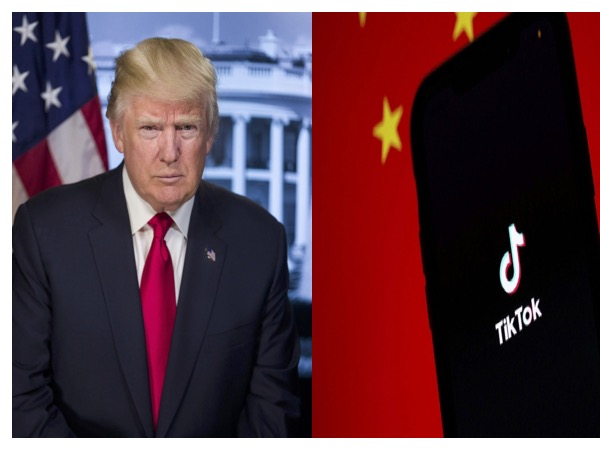Pitching tents and reciting chants for national liberation, the students of San Jose State University (SJSU) launched a peaceful pro-Palestinian protest in May 2024. Not many professors joined the students in solidarity with their cause, but one teacher who did, Dr. Sang Hea Kil, got suspended as a result.
On Oct. 2, Kil spoke to a packed audience of 200 students and faculty at a Diablo Valley College social justice speaker event about her experience at the SJSU encampment, her suspension, and the broader impacts of student protests for Gaza on college campuses.
“I was a political activist since I was 16,” Kil told the DVC audience. “I didn’t experience the level of silencing that I think you all are experiencing in this different political moment.”
As protests against the war in Gaza made their way to colleges nationwide in the spring, Kil took pride in seeing the students of her campus get involved and speak out against the school, and advocate for the freedom of Palestine.
“You associate student political activism with Berkeley or Stanford or SF State, but really never with San Jose State University,” said Kil, “so the fact that this encampment happened on my campus just felt amazing.”
Kil was serving as the faculty advisor for Students for Justice in Palestine (SJP), a student advocacy organization that calls upon SJSU to divest from companies that support Israel amid the occupation and destruction of Gaza.
As students planned the May protest, members of SJP asked Kil for advice and requested that she communicate their demands to the media, Kil said.
“Because the threat of doxxing is very real, they asked me to be their representative for the media,” said Kil, adding that the protesters used code words and face coverings to protect themselves against potential Islamophobic backlash on campus.
“I just kept to the talking points that they wanted me to keep to.”
In a letter San Jose State subsequently sent to Kil, which she posted to her Instagram page, the administration claimed she was suspended in pursuant of Article 17 of the Collective Bargaining Agreement between the California State University and California Faculty Association.
The letter claimed that Kil had encouraged her students to violate university policies in support of the protests and in contradiction to her responsibilities as a faculty member and student advisor on campus.
Kil said she was suspended merely for supporting her students. In an Instagram post where she attached the letter, Kil wrote, “SJSU suspended me from my job for my Palestine work. The fight for academic freedom continues.”
Due to her suspension, Kil said, she was only able to represent herself at DVC, and could not speak on behalf of San Jose State University.
She accused SJSU of selectively enforcing its Time, Place and Manner policy, which according to the California State University website, states:
“The CSU has the authority to regulate the use of all university property and when, where and how it is used. The CSU has therefore established standards that set forth the ‘time, place and manner’ in which all activities may be conducted on university property.”
Kil said that at university sporting events, students are encouraged to make noise and shout in support of their school teams, exhibiting their freedom of expression. When it involves politics, though, students don’t necessarily get that same freedom, she said.
“Freedom of expression is not an absolute right” based on the school’s time, place and manner policy, Kil said.
Dr. Albert Ponce, an assistant professor of political science at DVC and co-director of the school’s Social Justice program, which hosted the event, seemed to agree.
“Academic freedom is a threat to the powerful because it opens the door for critique,” Ponce said in his introduction to Kil’s talk.
For many students in attendance, the conversation was eye-opening.
“Speaking about it and giving the experience [Kil] had was important to help tell people about what’s happening,” said Diana Ramos, a student who attended the event. “This helps people see the bigger picture.”
A number of students stayed after to talk to Kil and thanked her for speaking out.
“This talk keeps people informed,” said a student who preferred to remain anonymous. “It displays internal divisions that are growing in the systems.”
Kil compared her experience at the SJSU protest with other pro-Palestine encampments at CSUs.
When students occupied a building at Cal Poly Humboldt, for example, the administration initiated a campus lock-down and a mass arrest of protestors, according to Kil. She added that students at CSU Channel Islands filed a $1 million dollar lawsuit against the university after the college swept their pro-Palestine encampment.
Kil said that Sacramento State and San Francisco State managed to conduct peaceful negotiations around divestment issues after their encampments.
“I think these encampments were so politically impactful,” said Kil. “Just doing the encampments alone I think was an incredibly moving [and] historic experience.”
“Students need to be aware that it is an uphill battle.”









































































Joe • Nov 5, 2024 at 6:49 pm
Well I’m sure the parents and Taxpayers paying for your outbursts are definitely NOT pleased.